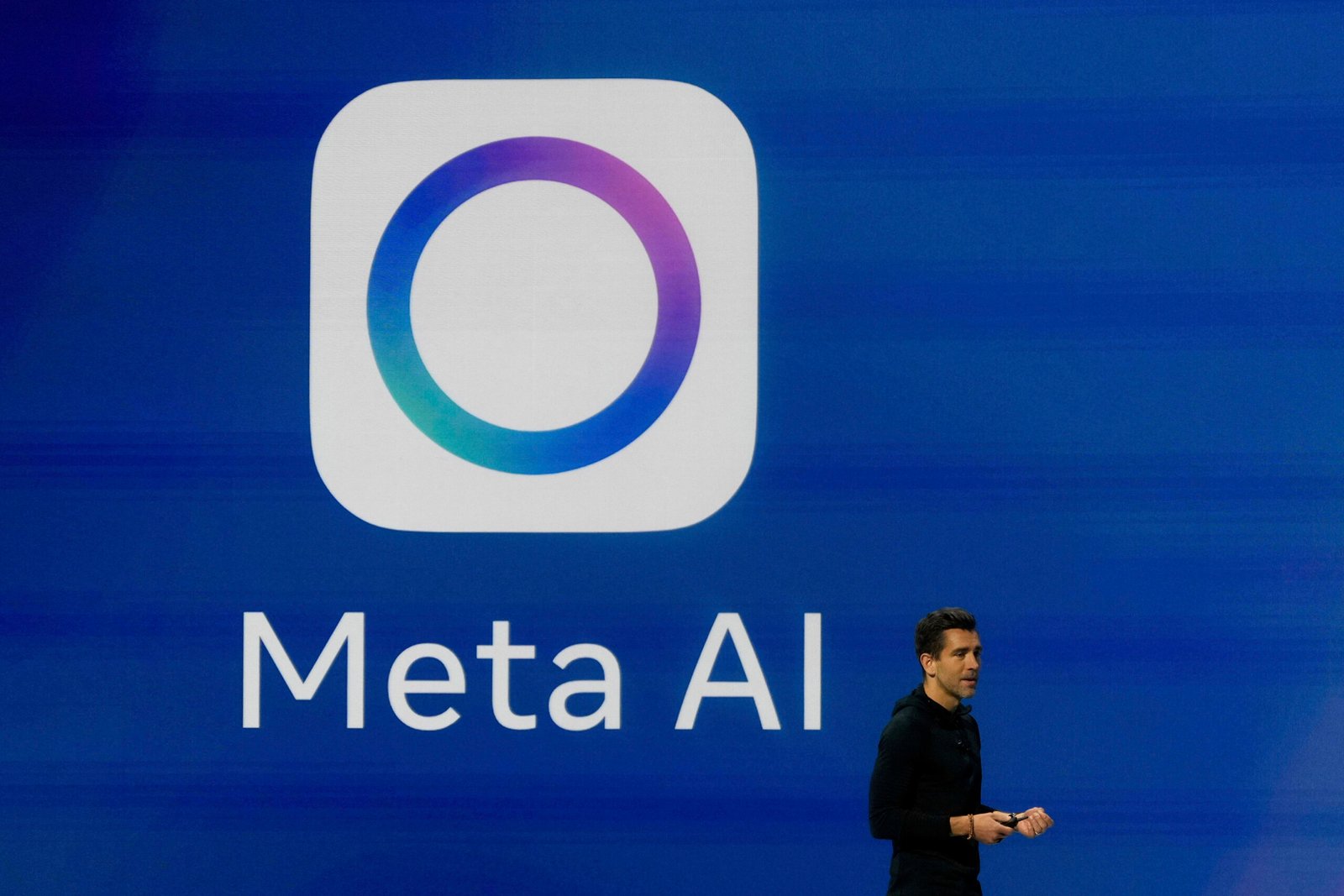Contents
The AI-Driven Surge in M&A Activity
After a few years of sluggish dealmaking, the mergers and acquisitions (M&A) market is showing signs of a significant rebound. At the forefront of this trend is artificial intelligence (AI), which has become a major driver of corporate strategy and investment. In early 2025, one of the most notable deals was CoreWeave’s $9 billion acquisition of data center infrastructure provider Core Scientific. This move marked the beginning of what appears to be a growing wave of AI-related M&A activity.
Despite initial market skepticism—CoreWeave and Core Scientific both saw their stock prices drop following the announcement—the deal reflects a broader trend. According to The Wall Street Journal, the U.S. M&A market generated approximately $750 billion in deals during the first half of 2025, slightly surpassing the $720 billion recorded in the same period in 2024. Within that total, AI-linked deals accounted for over $65 billion, or roughly 10% of the overall value.
Globally, AI startups have also seen increased interest. Mergermarket data reported by PYMNTS shows that more than 240 AI-related deals were announced in the first half of 2025, compared to 454 in all of 2024. This suggests a growing appetite for innovation and technological advancement in the AI space.
Key Players and Strategic Moves
Several major tech companies have made high-profile moves to strengthen their positions in the AI sector. In May, Salesforce acquired Informatica for $8 billion, enhancing its cloud data management capabilities. Later in July, Hewlett Packard Enterprise completed its $14 billion purchase of Juniper Networks, further solidifying its presence in AI-native network technology.
Alphabet, the parent company of Google, made headlines with its $32 billion acquisition of Wiz, a cloud security specialist. This move aims to bolster Alphabet’s cloud offerings and position it as a leader in secure AI infrastructure.
Beyond the tech sector, AI-driven deals have also impacted other industries. Constellation Energy’s $16.4 billion cash-and-stock acquisition of Calpine Corp. highlights how the power industry is adapting to the rising energy demands of AI computing. This deal positioned Constellation as the largest independent power provider in the U.S., according to Reuters.
Investment and Strategic Acquisitions
Technology giants are investing heavily in AI, with four of the so-called “Magnificent Seven” companies—Meta, Microsoft, Amazon, and Alphabet—expected to spend a combined $325 billion on capital expenditures and investments this year. These investments reflect a strategic push to maintain competitive advantage in an increasingly AI-centric world.
Recent acquisitions include Meta’s $14.3 billion stake in Scale AI, a data annotation specialist, as part of its superintelligence initiative. Oracle also announced a $30 billion annual revenue deal with an undisclosed customer, underscoring the financial potential of AI-driven partnerships.
In May, CoreWeave spent around $1.7 billion to acquire Weights & Biases, an AI application developer startup. These types of deals are becoming more common as companies seek to integrate cutting-edge AI technologies into their operations.
Analyst Perspectives and Future Outlook
According to Matthew Warner, an M&A lawyer at Clifford Chance, the current environment offers unique opportunities for companies to establish themselves as leaders in the AI industry. “This unique opportunity to become a new standard bearer helps prop up valuations and drives M&A deal activity because it’s an opportunity that will exist only for this moment in time,” he said.
Warner also noted that companies perceived as lagging in AI may make headline-grabbing deals, while those ahead in the race could focus on smaller, strategic acquisitions to consolidate their positions.
A June report from UBS analysts highlighted that AI startups are generating more revenue than many established public companies. This dynamic may encourage larger firms to pursue acquisitions similar to Salesforce’s purchase of Informatica or Meta’s investment in Scale AI.
“I expect that those companies that are seen as further behind in AI will make headline-grabbing deals as we’ve seen in the first half of the year, and those that are meaningfully ahead to make bolt-on acquisitions and smaller acquisitions to consolidate,” Warner added.
As the AI landscape continues to evolve, the trend of M&A activity is expected to persist. With large and small acquisitions shaping the future of the industry, the next phase of AI-driven growth remains highly anticipated.




